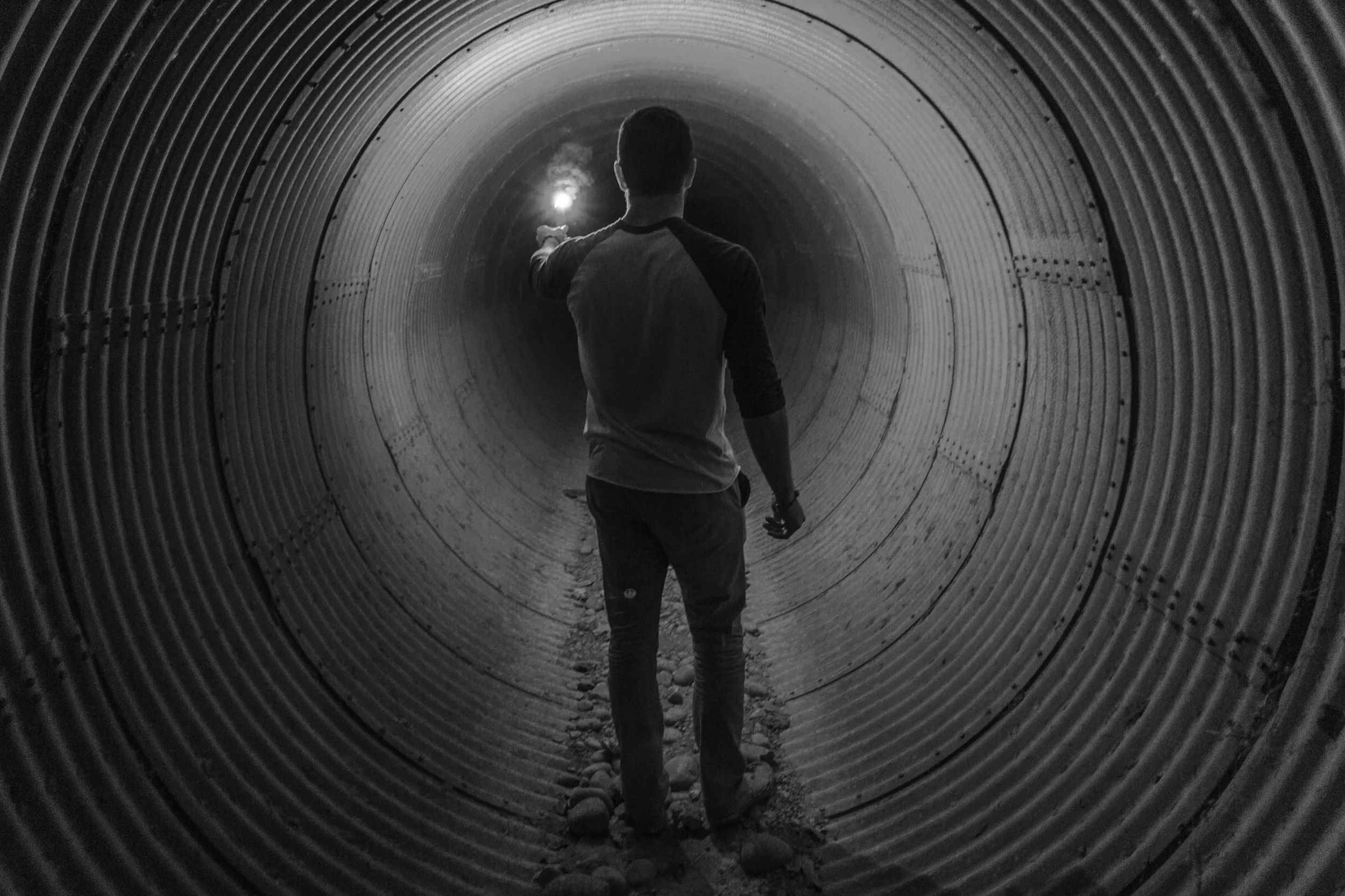Crossroads in life are inevitable. Whether personal or professional, big decisions will be there at one time or another to cause sleepless nights, long discussions, and countless hours spent weighing pros and cons. Navigating these times can cause more than their fair share of stress and anxiety. After all, big decisions can bring massive and irreversible life changes.
So how do you effectively handle weighing these life decisions?
Sometimes what’s needed us a little perspective to get things moving.
6 Guiding Questions for Expertly Navigating Life’s Big Decisions
1) What advice would you give someone else?
If you find yourself spinning your wheels while trying to make an important decision, try putting yourself in someone else’s shoes. Sometimes we think more clearly when we are outside of our own circumstances. We’re often better at giving advice than taking it. Imagine yourself giving advice to a friend dealing with the same problem that you’re wrestling with.
Stepping outside of yourself and the emotions tied to your unique situation and looking at the decision as if you were an outsider instead allows you to be objective. Removed, you can weigh your options and explore the problem with greater clarity.
2) What is the worst that could happen?
One of the things that paralyzes us as we wrestle with making milestone decisions is a fear of what could happen. Often, when anxieties get ahold of us, we catastrophize the situation and blow potential consequences out of proportion. So we have to truly scrutinize the circumstances and possible outcomes and ask ourselves, “what’s the worst that could happen?”
If we’re honest, the worst case scenario is usually not as bad or earth-shattering as we feel it is. Even the worst that could happen is something we can deal with should it come to pass. Knowing that the fate of the universe doesn’t hang in the balance makes it much easier to actually make a decision.
3) Is this decision truly significant?
Oftentimes, we have a habit of blowing situations out of proportion. When in the thick of a stressful situation, it skews our perspective and causes our priorities to shift in unhealthy ways. The decision moves to the top, regardless of what’s actually the most important or significant in our lives.
We have to ask ourselves whether or not this decision is of true consequence. While circumstances or certain seasons of life can make a crossroads seem daunting and all-important, it really may not matter all that much when it comes right down to it. Your other priorities may matter much more and, in agonizing over your decision, you may end up neglecting that which really matters in your life.
4) How do I feel deep down?
Your gut feeling is important. While we can’t rely on it totally to make big decisions, it is a valuable factor that is often dismissed if not overlooked entirely. We have instincts that should be considered in our decision-making process. Logic can always be applied in making a decision, but if something doesn’t feel right about it in your spirit, then that should be a concern.
5) How can I challenge my default behavior?
Our own comfort can be an obstacle when it comes to making life’s big decisions. We get caught up in preserving life as it is and so we rarely take chances. We could take a leap of faith and tap into our fullest potential, but instead, we would rather default to our comfort zone.
When faced with a problem, it’s good to challenge your default modes of thinking and behavior. Consider how you always make decisions, how you always think, and how you tend to rationalize things. Why do you what you do? What makes you comfortable and uncomfortable? Does your default behavior serve to make you successful or does it make you merely content?
Challenge your comfort zone. It often prevents you from being your best self and from taking the leaps of faith that are necessary for personal and professional growth.
6) Am I taking in too much information?
Analysis paralysis is a real issue that we often face when dealing with big, long-term decisions. We feel we need all of the facts and as many perspectives as possible in order to make the best choice possible. Unfortunately, this causes us to become overwhelmed with information and, ultimately, unable to make any decision in the first place. Sometimes it’s better to insulate yourself from too much information and too many opinions. Instead, focus on getting advice from people you truly respect and whose input you truly value and gather only the pertinent information.
Life's crossroads present a challenge to all of us. Understanding that your situation isn't unique and it is solvable is one of the first steps to a resolution.
No matter what you're faced with, asking the right questions to orient your mind and frame all of your options and organize the information you will set you up for success.
What are your best decision-making strategies? Share them with me in the comments.

